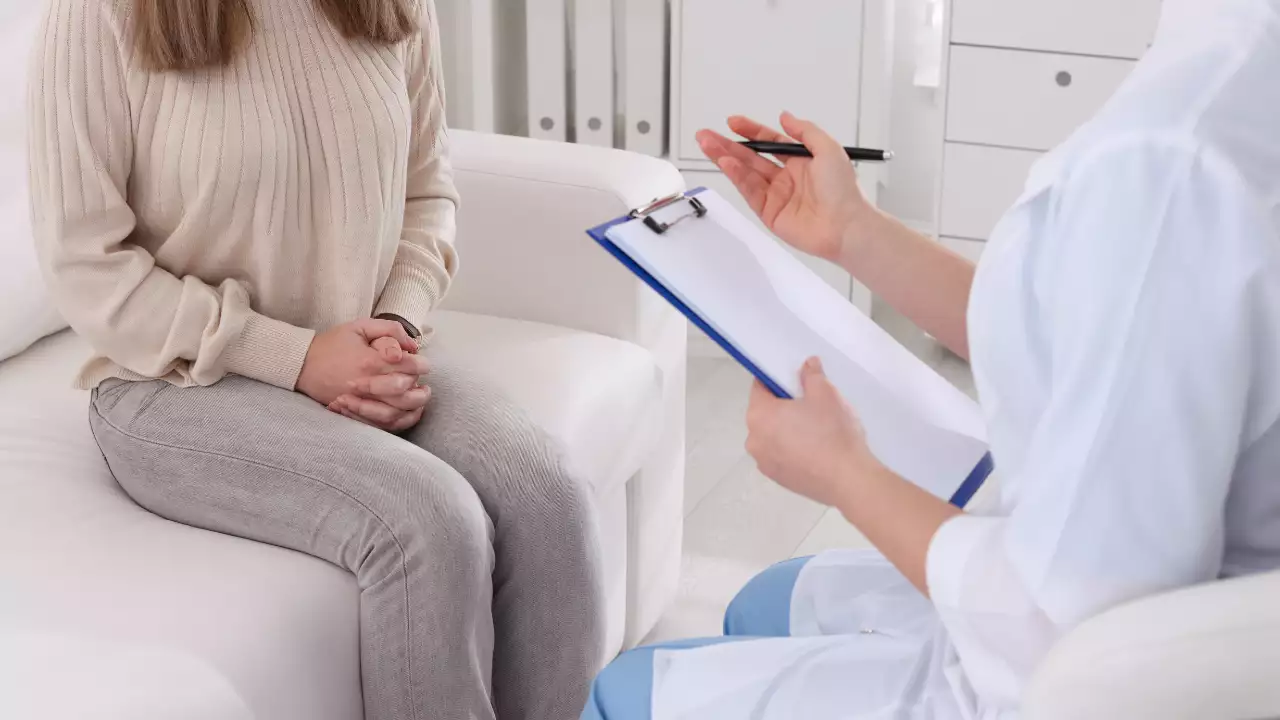Supriya Ramesh • 24 Jan 2025
Debunking Common HPV Vaccine Myths: Expert Sets the Record Straight

Image - Canva
The human papillomavirus (HPV) vaccine has been of immense importance in the prevention of specific cancers and diseases caused by the virus, commonly spread through sexual contact. The vaccine has emerged as an essential tool for averting such health threats. Yet, there are numerous myths and false information circulating that have caused people undue fear and apprehension regarding the vaccine.
We speak with Dr. Shweta Mendiratta, Associate Clinical Director, Obstetrics and Gynaecology, Marengo Asia Hospitals, Faridabad, who debunks six common myths surrounding the HPV vaccine.
Myth 1: The HPV vaccine encourages early sexual activity.
Some parents are worried that giving the HPV vaccine to their kids would trigger some early sexual behaviour. However, Dr. Mendiratta says studies consistently show no link between undergoing the HPV vaccine and changes in sexual behaviour. “The HPV vaccine, strictly speaking, is preventive and aims to curb the possibility of HPV-linked maladies,” she says.
Myth 2: Only girls need the HPV vaccine.
While the initial target for the HPV vaccine was girls, the need for vaccination is equally crucial for boys. “In men, HPV can lead to cancers of the throat, anus, and penis. Vaccinating boys can curtail the spread of the virus, helping in community-wide protection,” Dr. Mendiratta says.
Myth 3: The HPV vaccine is unsafe.
According to Dr. Mendiratta, years of research and continued monitoring have proven the HPV vaccine to be safe, as for all other vaccines; it passed specific tests before being allowed for use and continues to be monitored for potential adverse effects. “Most reactions are mild, such as pain at the injection site or low-grade fever,” she adds.
Myth 4: It can be administered to girls only after menarche.
The belief that the HPV vaccine should only be administered to girls after the onset of menarche is an accepted myth. “The vaccine works best if given when there is no exposure to HPV, generally between the ages of 9 and 12, and independently of menarche. The timing ensures that the immune response is optimised to tackle any possible exposure to the virus,” she says.
Furthermore, delaying due to menarche increases unnecessary risk of lost opportunities for early protection. One should appreciate that the efficacy of the vaccine may sometimes be assessed against age and not sexual maturity. This provides a reminder for early vaccination to fully maximise the vaccine's protective benefits against HPV-related cancers and diseases.
Myth 5: You don’t need the vaccine if you’re not sexually active.
The vaccine works best when given before exposure to HPV, usually at about 11 years of age. “Even if someone is not sexually active now, he or she could become sexually active in the future, so he or she ought to be vaccinated as soon as possible,” she adds.
Myth 6: The HPV vaccine renders the need for cervical screening moot.
“Although the vaccine provides protection from most HPV strains, cervical screenings are still important for monitoring abnormalities and pre-cancerous lesions,” Dr. Mendiratta concludes.
Get Latest News Live on Times Now along with Breaking News and Top Headlines from Health and around the world.